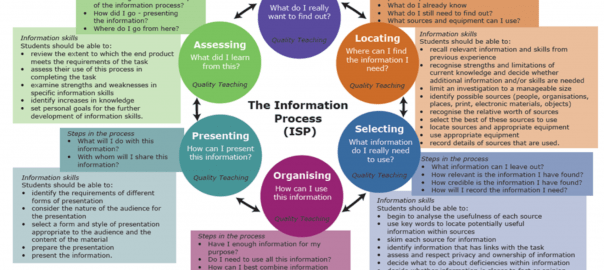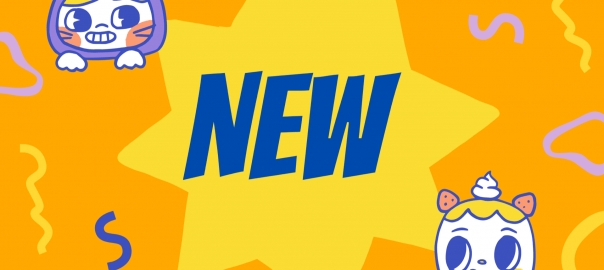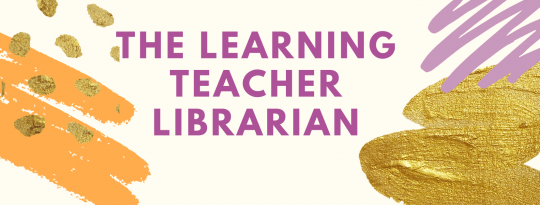
Critical Reflection: Information Literacy, Information Literacy models and the role of the Teacher Librarian
A recurring theme throughout my study during ETL401, has been the importance of evidence based practice (Galimi, 2020, May 4) as an ongoing part of the role (Galimi, 2020, March 11) of a teacher librarian (TL). My thinking has evolved during this short space of time, to find ways to promote teacher librarianship (Galimi, 2020, … Continue reading Critical Reflection: Information Literacy, Information Literacy models and the role of the Teacher Librarian

